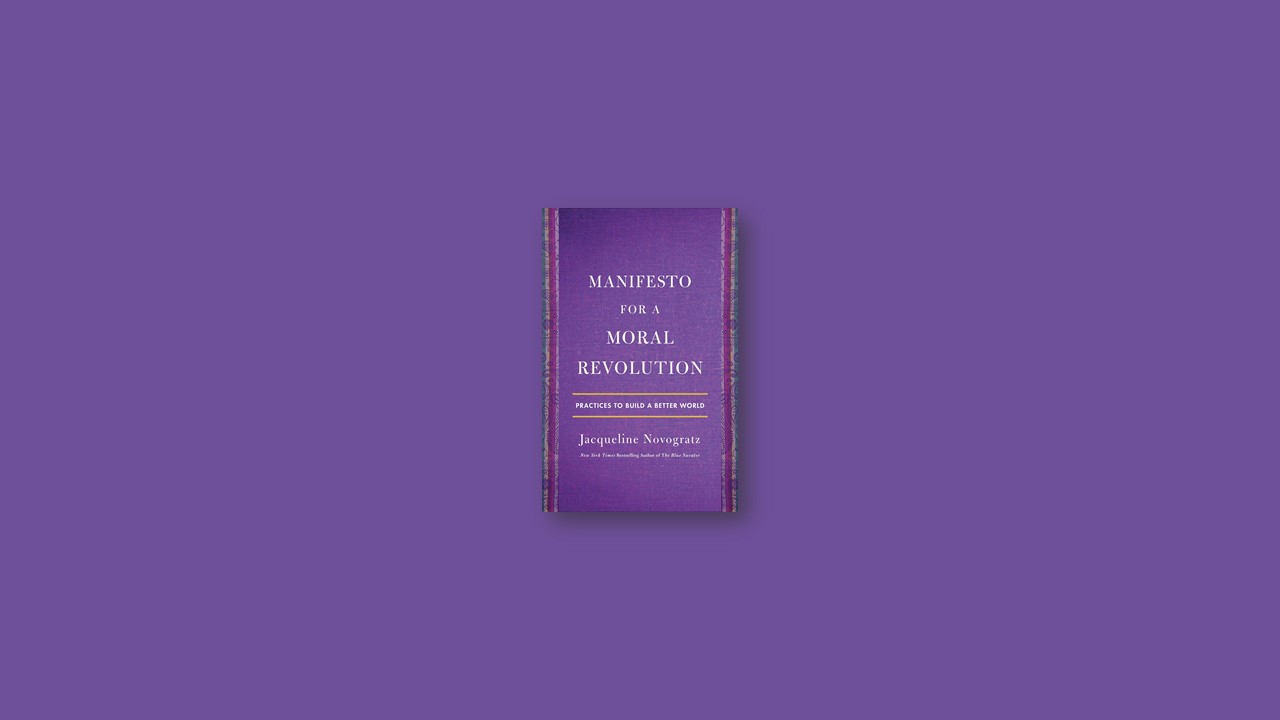Just Start
Too many who yearn to make a difference become paralyzed by the fear of leaping without having worked out every detail. Yet the decision we face is not to chart the perfect way forward; it is simply to embark on a journey. Once we’ve taken a step forward, the work will teach us where to take a second step, and then a third, and so on. Purpose does not reveal itself to those sitting safely at the starting block. In other words, you don’t plan your way into finding your purpose. You live into it.
Of course, there are times when nothing seems to be working, when you don’t understand what is going on around you, and no one trusts you enough to tell you. But what separates those who dabble in feel-good endeavors and those who actually nudge the world forward has nothing to do with intellect, connections, or specific skills. The ones whose actions and ideas produce positive consequences are the ones who stay in the game.
Try. Fail. Then try again. Follow the thread as it unspools. Just start—and let the work teach you.
Redefine Success
Success doesn’t just wait for us on a distant horizon. Success is within all of us, waiting for us to live into it. It exists in the beauty we create, the goodwill we offer, the ideas we spread, the causes for which we stand, and the lives we help transform. It shows up in the health and well-being of our children, our communities; in the way we love the world and one another.
Of course, the notion of redefining success rubs against the status quo. Humans are status-seeking beings. We yearn to be accepted, respected, loved. Our current systems (economic, political, and social) reinforce a definition of “winning” based on money, power, and fame. Rather than being rewarded for what we give, we’re too often affirmed by what we take.
What if our Golden Rule were not only “Do unto others as you would have them do unto you” but also “Give more to the world than you take from it”? That would change everything. If enough of us pursued that path, the world of inequality, exploitation, and injustice would slowly be replaced by a world of inclusion, fairness, and dignity.
You Are the Ocean in a Drop
As the American poet Walt Whitman wrote in “Song of Myself” in 1855, “I am large. I contain multitudes,” singing through his poetry to an expansive identity reminiscent of the words of the thirteenth-century Sufi poet Rumi: “You are not a drop in the ocean. You are the ocean in a drop.”
Think about your own diverse identities—your gender, religion, race, ethnicity, tribe, sexual identity, citizenship or refugee status, your schools. Which parts give you pride? Which parts shame? I’d be surprised if most didn’t give you both. You might be a vegetarian or a carnivore; an extrovert or an introvert; an athlete; someone who loves classical music or hip-hop, novels or nonfiction; a nature lover or an urbanite—likely, your mix includes at least a few contradictions. Our personal commitments form aspects of our identities, too. Now think of those times when a single part of you felt threatened and you were reduced, either by others or yourself, to a single identity. The world plays along in these moments, flattening our sense of self to the point of caricature.
If holding our multiple identities and recognizing that all people carry myriad identities within themselves is a crucial step toward navigating difference in an interdependent world, a second essential skill is understanding how others perceive you, especially with regard to power and privilege.
Practice Courage
Courage is not the absence of fear. Courage is the ability to look fear in the face and continue to walk forward. All of us have something that frightens us, whether or not we admit it, and there are as many forms of courage as there are of fear. Only by nurturing our courage will we prevent our fears from making and then keeping us small.
Finding one’s own voice and using it is one of the most difficult kinds of courage to develop. It grows from discovering and valuing our most authentic selves, regardless of the systems and structures that otherwise might attempt to define us. For those who’ve been injured, this requires courageously confronting our own trauma and injuries. But courage is a muscle. The more we exercise it, even in small ways, the more courageous we become.
Avoid the Conformity Trap
No matter how determined we are to do the right thing, we all fall prey to conformity traps within the system we’ve chosen. We want to “win,” to appear successful, respected, or powerful, so we cut corners and tell little white lies. We hold our itching tongues when people around us demean those from another group—not because we are bad people but because we don’t want colleagues or friends, religious leaders or classmates, parents or siblings, to think we are weak, disloyal, naïve, unsophisticated, or foolish. And sometimes, in the longer term, we end up causing harm; we end up becoming the person we said we’d never be.
Our anxieties germinate in the systems we inhabit. Who are we measuring ourselves against? Whose opinions matter to us? What does winning even look like?
Mustering the moral courage needed to do what’s right, not what’s easy, requires knowing when conformity is a force for good and when it instead muffles our conscience. The theologian Reinhold Niebuhr wrote that “groups are more immoral than individuals.” By shifting the blame to systems bigger than us, we tend to convince ourselves that we have no choice but to “go along to get along.” But if you dare to act on dreams of change, you must find the guts to stand apart while also building the relationships needed to design better systems.
Accompany Each Other
Think of someone in your own life who saw the best version of who you could be, even when you couldn’t see that version yourself. That person could be a parent, sibling, mentor, teacher, coach, or boss who dared you, pushed you, equipped you with the skills to succeed; a friend who told you hard truths constructively, perhaps with toughness but bolstered by determined love, all with the end result of making you feel bigger, more awake, more here. If you can think of just one person who accompanied you like that, you should count yourself lucky.
Now think of the people who feel left out—those living in poverty, in conflict areas, sitting in prison, or struggling in refugee camps. Many in those communities are exposed to endless callousness and constant criticism. Often, they internalize the perceptions that others impose on them—that they are predatory, parasitic, unfit, unworthy, or invisible.
Despair is not the singular domain of the poor. For all of us who have suffered unimaginable loss or who are in crisis or physical pain, just getting out of bed can sometimes be an act of courage. For anyone experiencing loneliness or despondency, there is great power in knowing that while you have to do the hard work of change on your own, someone out there has your back.
Whatever you aim to do, whatever problem you hope to address, remember to accompany those who are struggling, who are left out, who lack the capabilities needed to solve their own problems. We are each other’s destiny. Beneath the hard skills and firm strategic priorities needed to resolve our greatest challenges lies the soft, fertile ground of our shared humanity. In that place of hard and soft is sustenance enough to nourish the entire human family.
Embrace the Beautiful Struggle
Faith does not have to be religious, and prayer can take a thousand forms. We are on dangerous ground when “faith” becomes associated with political parties, or when nonbelievers are seen as heretics rather than seekers. A moral framework for an interdependent world has no place for religious practices that divide.
What matters instead is that we agree to at least some shared moral principles that enable our collective human flourishing. In whatever form faith takes for you, I wish you a reservoir from which you can draw sustenance. May you find ways and rituals to remind you to be present in the world, to be grateful.
When you are broken or exhausted—and you will be—remember beauty, gratitude, faith, and love. Remember that in the struggle, there is a beauty that endures. Remember that there will be beauty in moments of tragedy as well as in times of shared celebration. But most important, remember that beauty is inside you, if you let it be.


